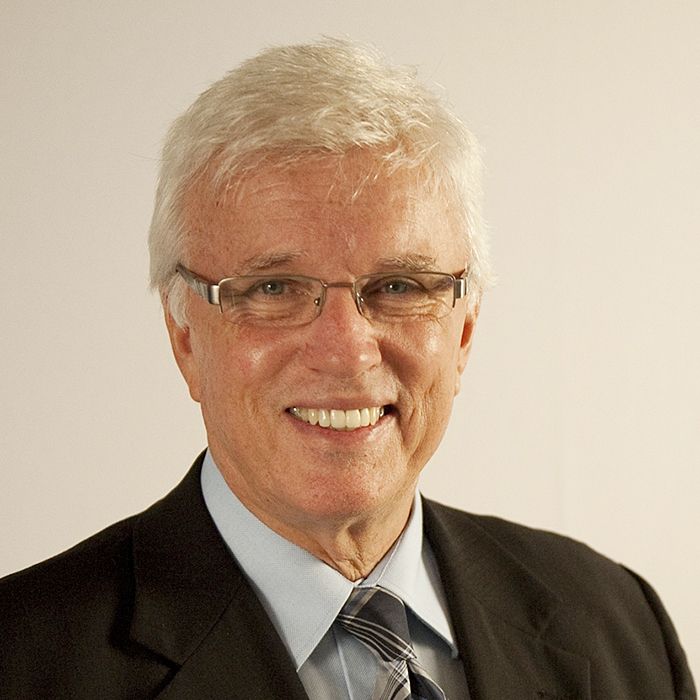As the legislature resumes sitting this week, our MPP returns to Queen’s Park to again sit in opposition.
But it won’t all be same old, same old for Rick Nicholls, fresh off his June 12 re-election to represent Chatham-Kent Essex. The Progressive Conservative MPP is part of a caucus that lost nine seats in the last election, had its leader resign, and now faces a Liberal majority government.
Furthermore, Nicholls sought the Speaker of the House position, the person who is essentially the legislature’s referee.
“I look at my background and experience in public speaking, plus my time as a sports official,” he said. “You have to make the tough calls and ensure everybody plays the game in accordance with the rules.”
He lost to the previous speaker, Dave Levac, a Liberal MPP.
As for the state of the Ontario Progressive Conservatives, Nicholls admits they’re reeling somewhat. He said the first priority is to choose an interim leader, which will be done this week, but wasn’t known as of press time.
Following that, the party must select its successor to Tim Hudak. Nicholls believes as many as four members of the Conservative caucus could step forward to seek the leadership, and there is potential for someone who is not a sitting MPP to run as well.
LEADWAVE Technologies from Chatham Voice on Vimeo.
He sees this as a time for the party to select very carefully.
“We need a healer, someone who is compassionate, not just businesswise, but socially too,” he said. “We need a visionary, someone who is a strong communicator and who is open and transparent; someone who will look to caucus for valued input and someone who will provide no surprises.”
In terms of facing a majority compared to a minority government last time around, Nicholls said some things won’t change, especially his efforts to get Chatham-Kent Essex concerns heard.
“I see myself as a good facilitator of issues,” he said. “You bring forth the issues of the riding and build positive work relationships with the (cabinet) ministers.”
Those matters, Nicholls said, include getting security of tenure for the members of the Rondeau Cottagers’ Association, getting the wind turbines that are encroaching on the Chatham Airport removed, helping to get the Navistar pension and severance issue settled once and for all, and reining in the spiralling costs of electricity.
He believes the ministry of finance can pressure Unifor – the union – and management to sit down and finalize an agreement to give the former Navistar employees some closure.
As for electricity rates, he said the global adjustment rate on top of the energy rate is crippling to businesses.
“It’s too expensive to stay in business.”
One of the first items on the agenda at Queen’s Park this week is the speech from the throne and reintroduction of the same budget that resulted in June’s election. Nicholls has adopted a wait-and-see approach.
“It wasn’t a budget; it was a campaign platform,” he said of what was introduced May 1 and is slated to be brought back this week. “The reality is now they will have to put that plan into action.”
Nicholls said it could impact the province’s credit rating, as it calls for deficit of $12 billion this year, adding to a provincial debt that has surpassed a quarter of a trillion dollars.
Servicing that debt is an expensive endeavour, one put on the backs of Ontario taxpayers, he said.
“If there was in fact a Ministry of Debt Retirement, it would be the ministry with the third highest cost, behind health and education,” Nicholls said.







